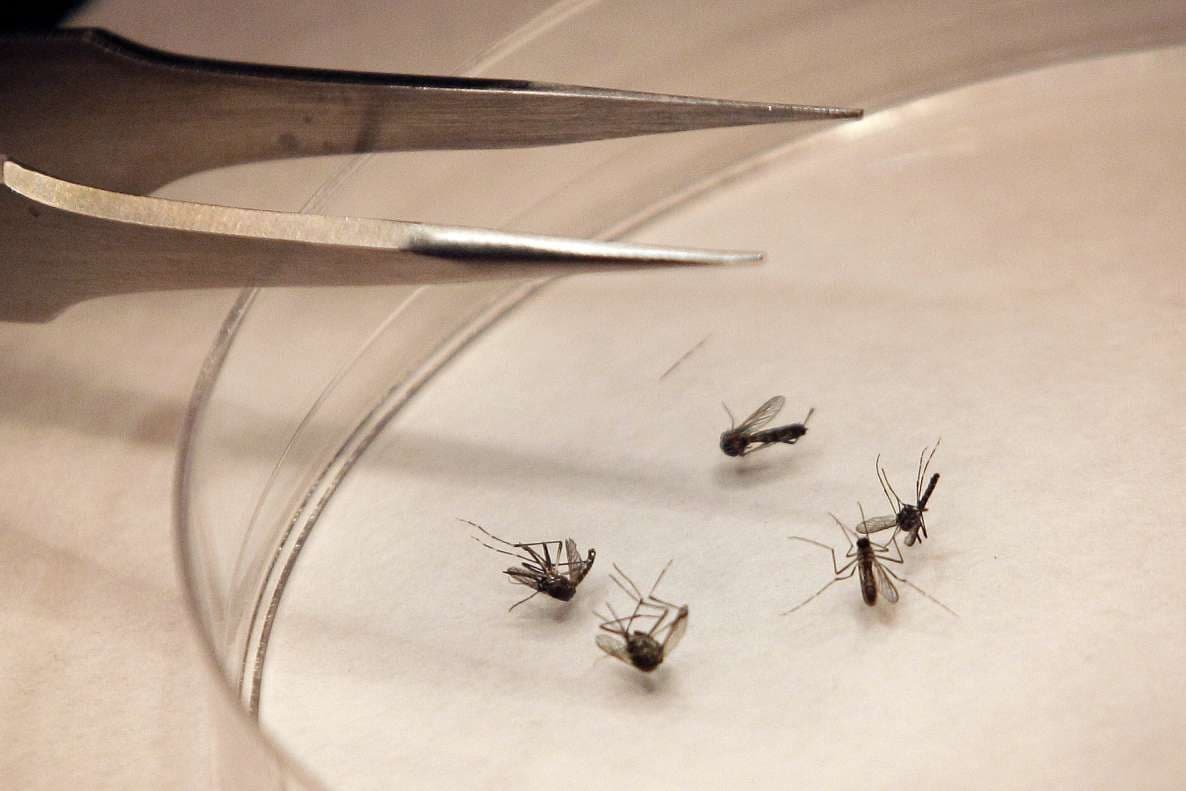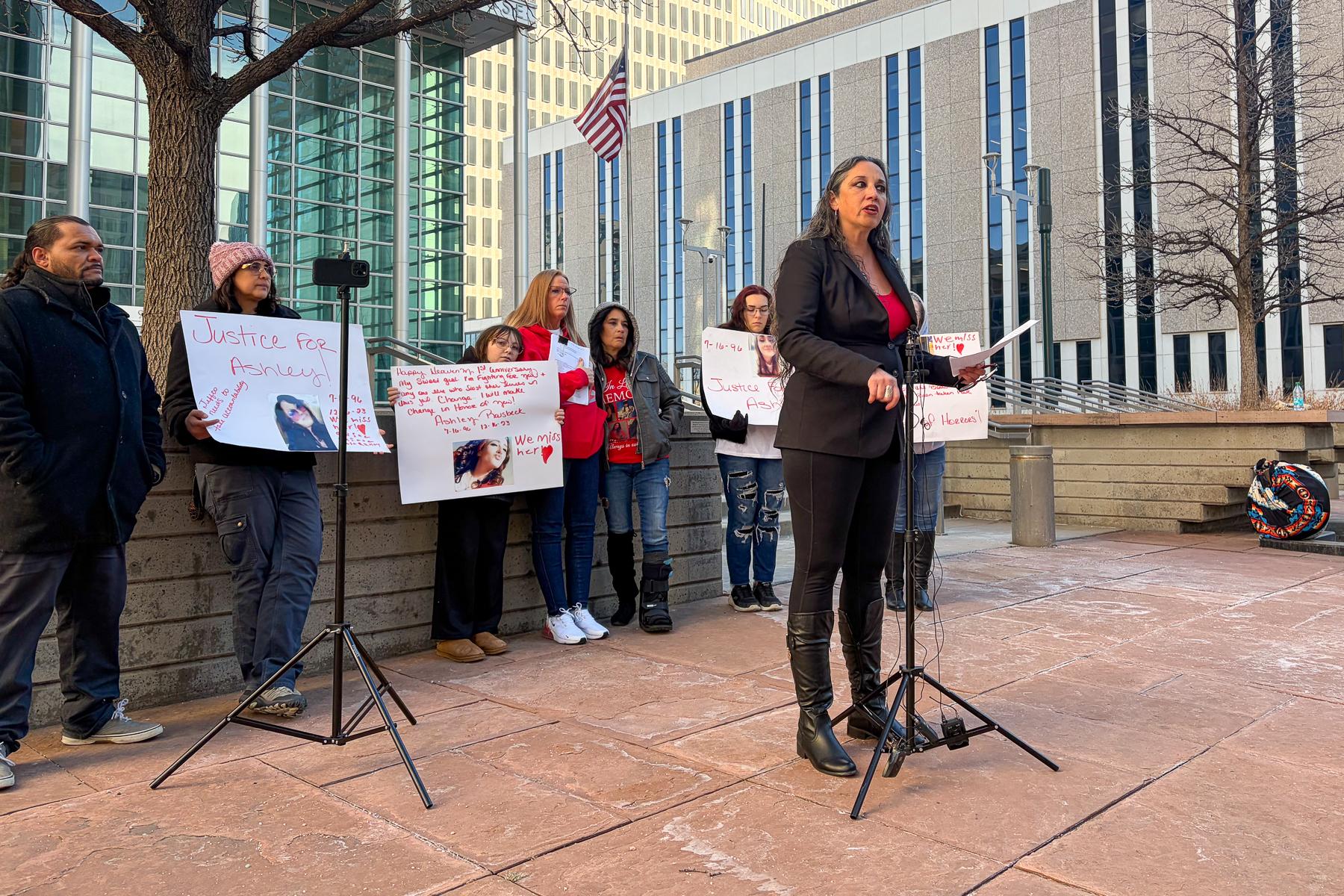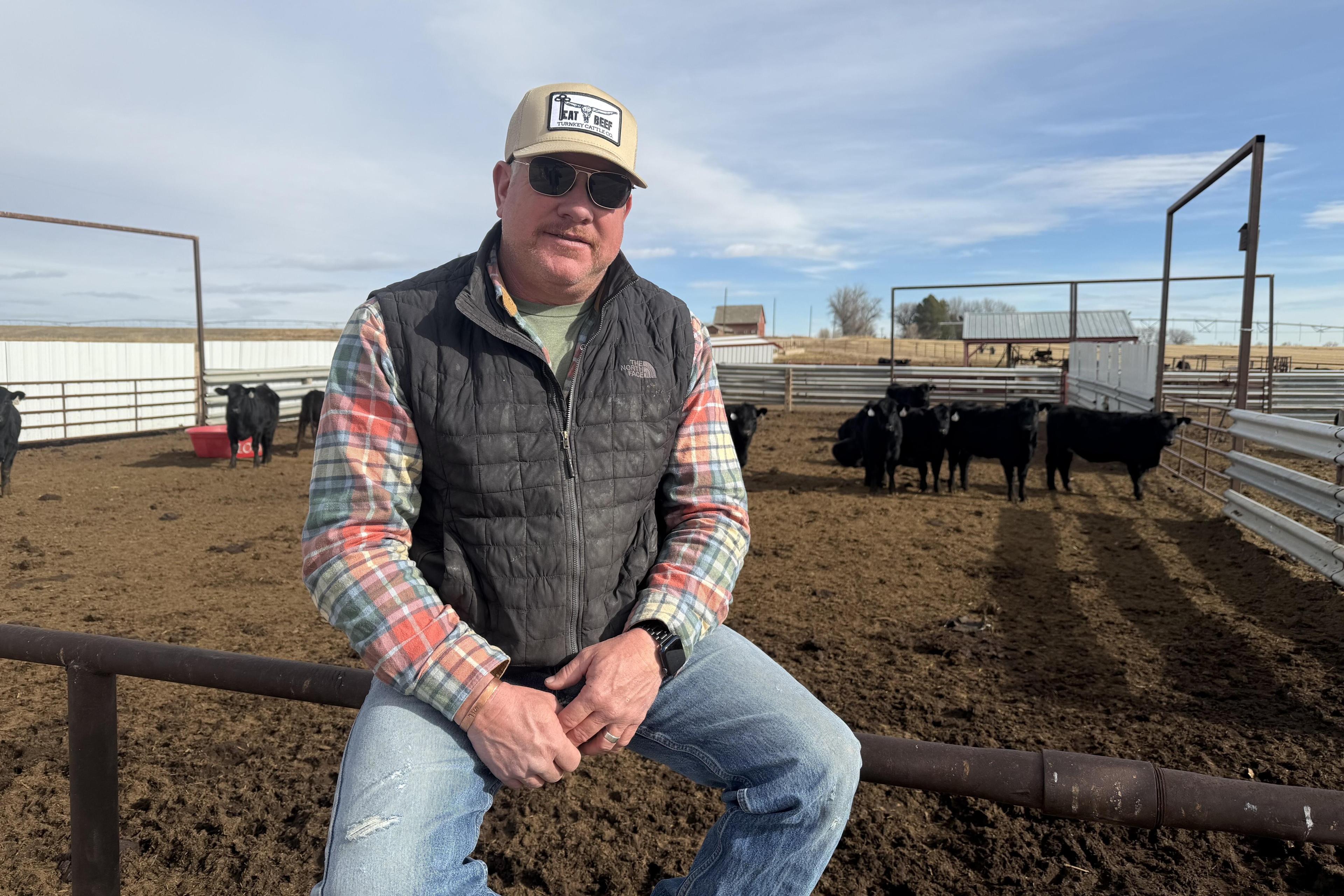
The state health department has confirmed the season's first human cases of West Nile virus — in two residents from Adams County.
Mosquitoes carrying the virus have also been identified in the northern part of the Front Range, including Boulder, Denver, Larimer, and Weld counties, according to a press release from the state health department, the Colorado Department of Public Health and Environment.
Neither of the two people infected so far has been hospitalized, but one has unspecified neurologic symptoms, according to the state’s dashboard.
“Mosquitoes are more than just an annoyance — they can pose a real danger,” said Dr. Ned Calonge, the state’s Chief Medical Officer. “We want people to get outside this summer — it’s Colorado, after all. Spend time outdoors, connect with others, and enjoy the season. But we also want everyone to take simple steps to stay safe from West Nile virus. A little prevention goes a long way.”
Now through September is the time of highest risk of West Nile virus transmission. Most people infected with West Nile virus don’t develop symptoms. But the virus can cause serious, potentially life-threatening illness. Seek medical care if you experience fever, severe headaches or confusion after a mosquito bite.
In 2023, the state reported 634 human cases, that included 51 deaths — the highest number in the nation. That year Colorado saw major snowmelt and heavy spring rains, which fostered ideal conditions for mosquitoes to breed.
The state started tracking the virus in 2003, when it recorded 66 deaths among nearly 3,000 cases. Last year was mild for West Nile Virus, with 76 cases, 24 hospitalizations and no deaths, according to the state dashboard.
Coloradans should take precautions, the state health department said.
Best advice: wear long sleeves and pants, use insect repellant, drain standing water from yards and gutters and limit your time outside at dawn and dusk when mosquitoes are most active.
There are no vaccines to prevent West Nile virus disease in people or medicines to treat it, according to the federal Centers for Disease Control and Prevention.









